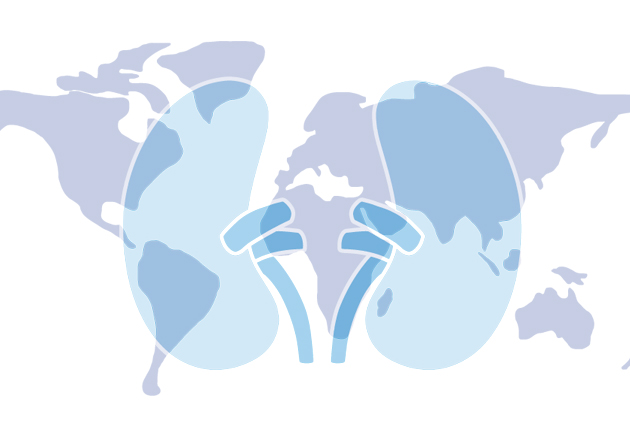ISN Journal Editorial Selections on aHUS Management, Rituximab Therapy, Methylmalonic Acidemia, and Rare Kidney Diseases
Kidney International®
The 2023 ISN aHUS Forum brought together global experts to discuss key challenges in managing complement-mediated hemolytic uraemic syndromes (HUS), including nomenclature, biomarkers, and treatment protocols.
Key areas for future research were identified, such as genetic predisposition, optimal complement inhibitor use, and improving global access to treatments. The forum emphasized refining diagnostic strategies and dosing regimens, particularly for pregnant women, to improve outcomes in aHUS management.
This study evaluated the efficacy and safety of rituximab in treating childhood steroid-resistant nephrotic syndrome (SRNS) across 28 centers in Asia, Europe, North America, and Oceania, involving 246 children.
The results showed that rituximab enhances remission in a subset of children with SRNS, is generally safe, and complete remission following rituximab is associated with favorable kidney outcomes.
Kidney International Reports ®
Scoping Review of Economic Analyses of Rare Kidney Diseases
This systematic scoping review, supported by the ISN, examined the economic burden and cost-effectiveness evidence related to rare kidney diseases (RKDs).
It identified 161 published studies, mostly from high-income countries, focusing on conditions like renal cell carcinoma and systemic lupus erythematosus.
The review revealed significant gaps in economic evaluations, especially for genetic RKDs, and highlighted challenges in assessing treatments for small patient populations.
This set of guidelines, developed by the European Reference Network for Rare Kidney Diseases, offers clinical practice recommendations for managing chronic kidney disease (CKD) in patients with MMA, a rare inherited metabolic disorder.
Key points include using cystatin C to accurately estimate kidney function and the need for acute dialysis during metabolic decompensation.
Combined liver-kidney transplantation is recommended for patients with advanced CKD. The guidelines emphasize the importance of close monitoring, as patients with MMA are at high risk for kidney failure due to tubulointerstitial nephropathy and mitochondrial impairment.







